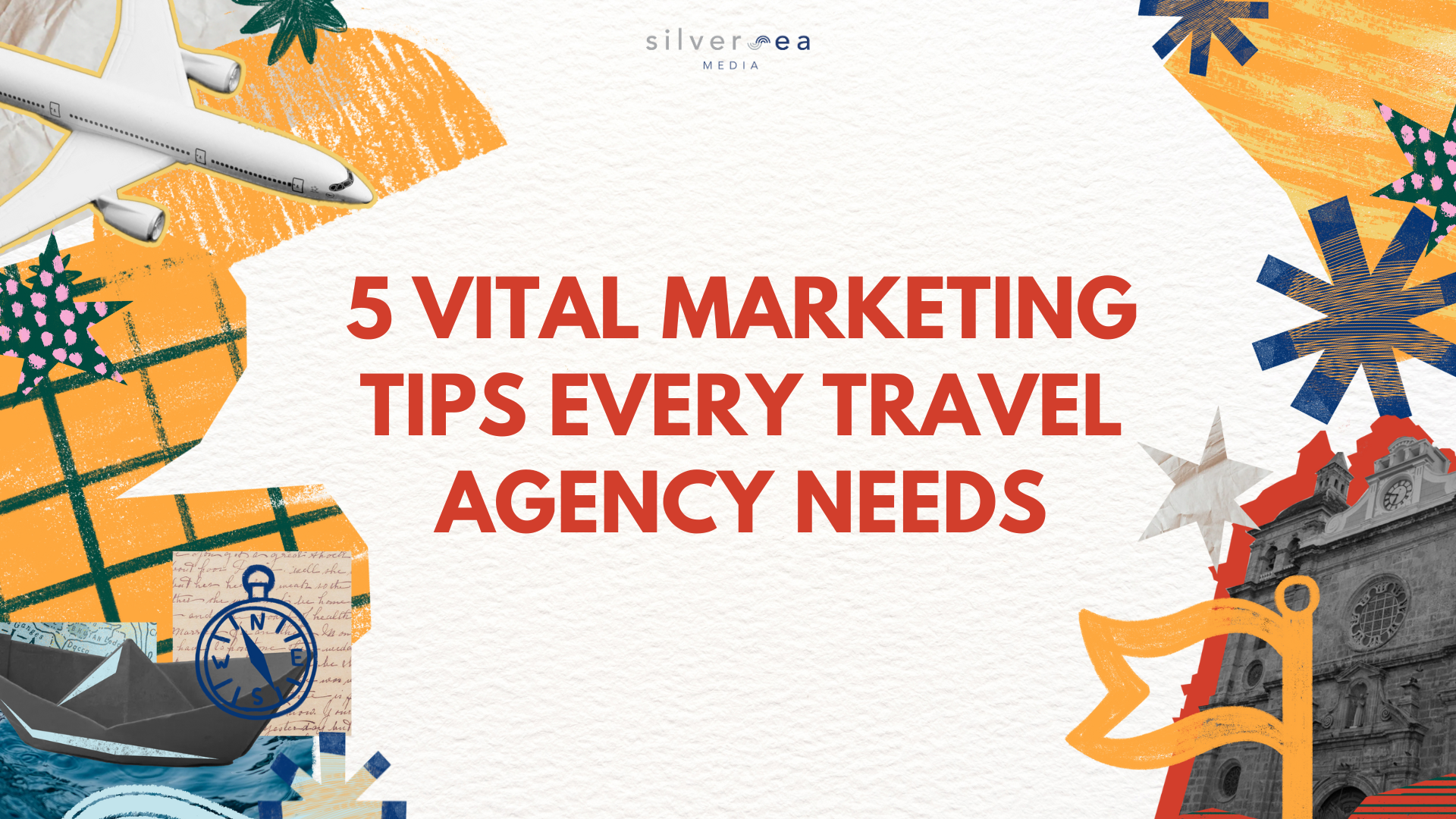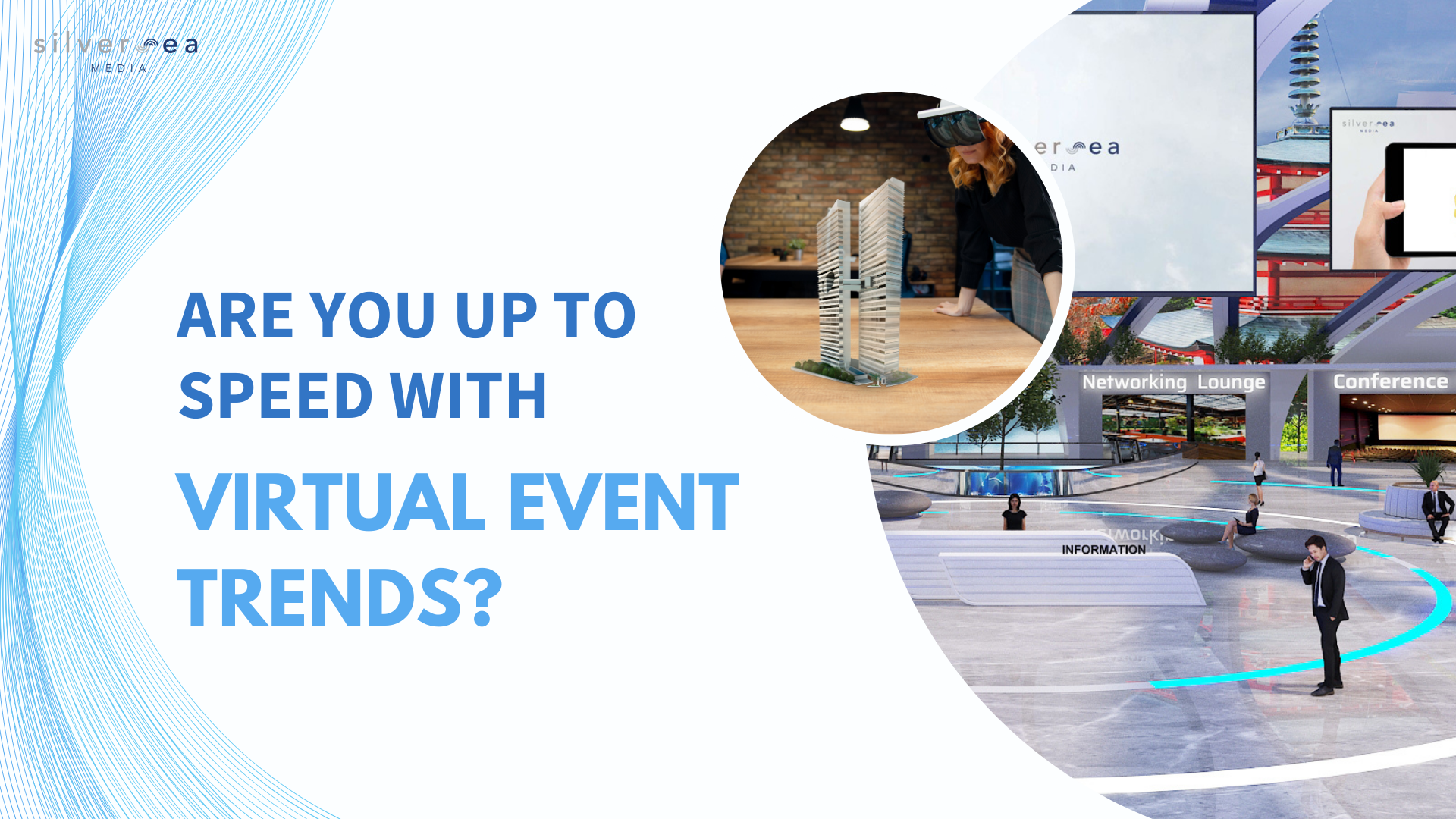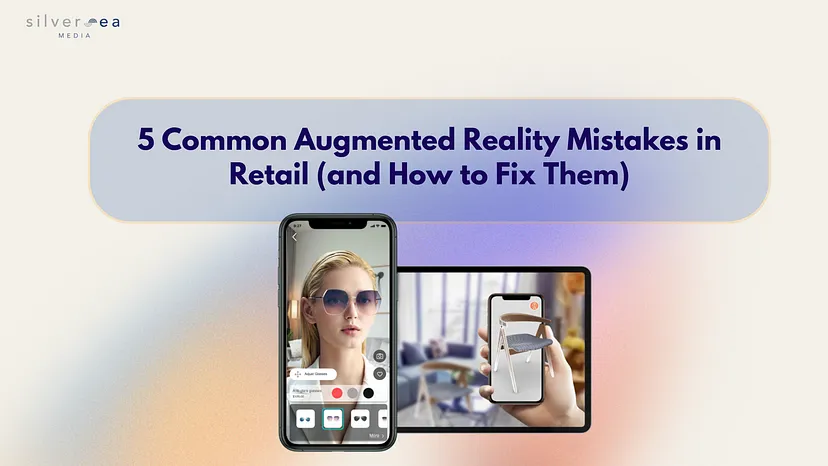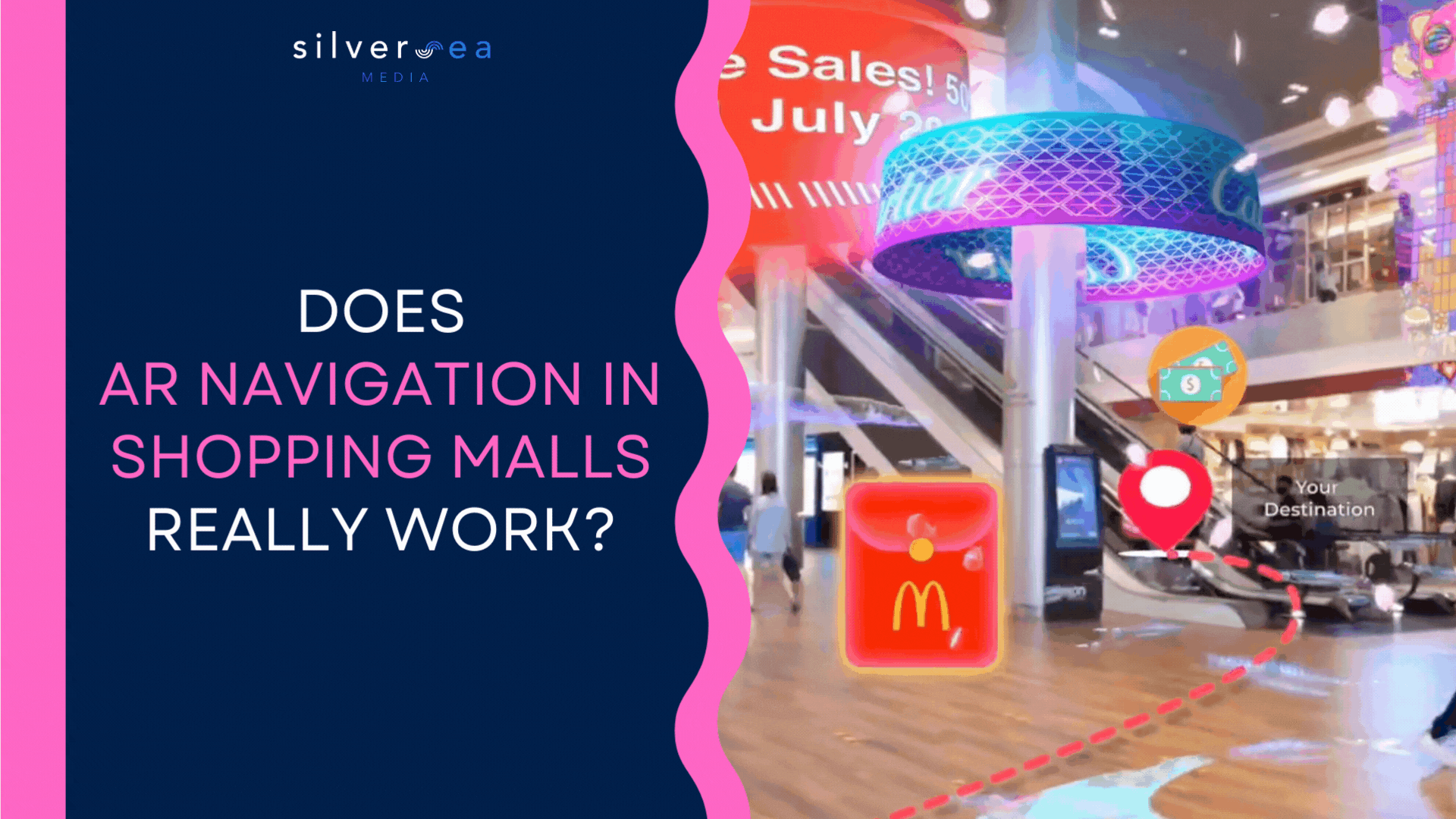If you are one of the many businesses working hard to move events online, how do you plan to promote them to keep attendance up? And, in a sea of virtual events now being promoted all at once, how do you stand out?
To answer those questions, check out six of the best ways to drive more signups for your next virtual event.

1. Create an interactive landing page
The only thing better than the energy of a live event is the excitement you feel before you go. While building excitement for future events easier said than done, building an awesome event landing page can help you do just that. With the right message and conversion-focused call to action, your landing page can help you drive registrations and capture contact information.
Sprucing up your landing page with an interesting design is important. However, you also need to ensure the content points and message are reflected on the mage. A virtual event’s landing page should ideally have a compelling headline, a brief overview of the virtual event, who is exhibiting at the event and who are the sponsors, and exciting content and imagery that supports your message.
A dedicated virtual event landing page is built to do one thing: convert. Creating one helps you target specific segments and focus on messaging that gets them to RSVP.
2. Show off your virtual event’s features
Setting expectations about what your in-person event will entail is always an important promotion tactic, but it becomes especially important when you’re promoting a virtual event. Make sure you showcase the features that your virtual event offers.
Will the audience be able to ask live questions? Is this event tactical or more high-level? Will there be networking possibilities?
Talk up the highlights of your virtual event to make sure the right people are registering for your event, and then feeling satisfied with the experience they have when they show up. This way, there is a good chance they will be more willing to give your event a try.
3. Make engaging and immersive video content
Video marketing is a fun and effective way to illustrate the benefits of your virtual event for your audience. Use videos to help returning guests relive the magic and give first-timers a sneak peek of what’s to come. Whether it is a promotional video for an upcoming headline, a recap of past events, or a ticket launch celebration, videos make a huge impact if shared properly on your website and across social media platforms.
With 72% of customers prefer learning about a product or service through a video, an engaging video can convert traffic to registrations easily. That being said, you need to design visually appealing videos with a call-to-action encouraging audience to share the message to help garner engagement and maximize reach.
4. Run an effective email marketing campaign
Stay in touch with the people who are already on your email list and connect with them regularly. Email marketing allows for more direct access, which means you are not solely relying on social media algorithms for visibility. In fact, 40% of marketers believe it to be the most effective channel for event promotion.
Before sending an email promotion, find out if the virtual event’s value proposition is the same for the whole email list. If not, you could segment and personalize the emails to better highlight the value of your event to different groups of people. You also need to use a compelling subject line and plan out the number of emails you want to send out because you don’t want to overdo it. Create two or three emails to invite, inform, and remind your audiences.
5. Embrace social media
Use organic or paid promotion to blast your virtual event invitation to your follower base. Keep posting updates about your virtual event with a specific hashtag, and engage in the conversation. If you want to see fast improvements in your registration volume, then paid ads are the best option. Paid promotion allows you to reach out to the right audience, desired geographical locations, and demographics.
Social media giants like Facebook, YouTube, and Instagram are always introducing new features for advertising, including their remarketing settings. Social media remarketing itself could be very highly profitable for a business. In the case of your virtual event, remarketed ads can help you reach people who visited your event’s page but left without taking any steps to register. They work to display ads to these same people, and essentially nurture them towards conversion.
6. Involve your speakers and leverage influencers
Recruit guest speakers and other attendees, and ask them to share a link to your virtual event landing page and get people excited. It helps to go a few steps further and send them assets such as images and videos to encourage a variety of different promotions and enable them to share it quickly.
Apart from that, you can also create a buzz around the event by leveraging the right influencers and use their communities. Content creators have the powerful voices to increase a brand’s awareness. Typical ways an influencer would promote a virtual event include; sharing your marketing assets on social media, partnering with you to give away free tickets, collaborating with you to create engaging content, live streaming your event, and many more.
Promoting your virtual event can be tricky at first, especially when you are trying to plan an event for attendees who are hesitant about virtual participation. However, if you keep these tips in mind, you will have a much easier time driving signups.
Do you need an effective platform to host your virtual events? Contact us now and see for yourself what we can do for you and your virtual event attendees.







